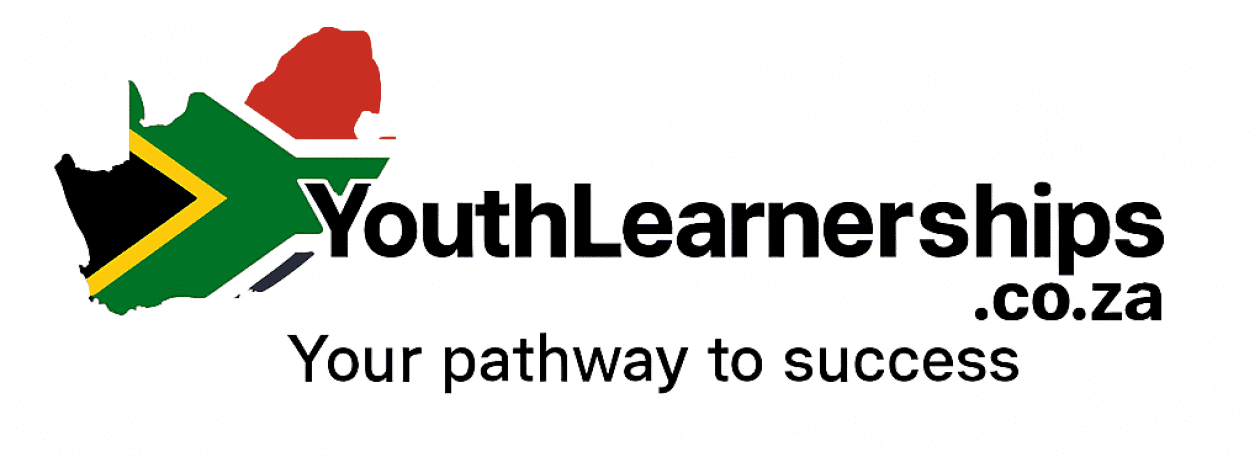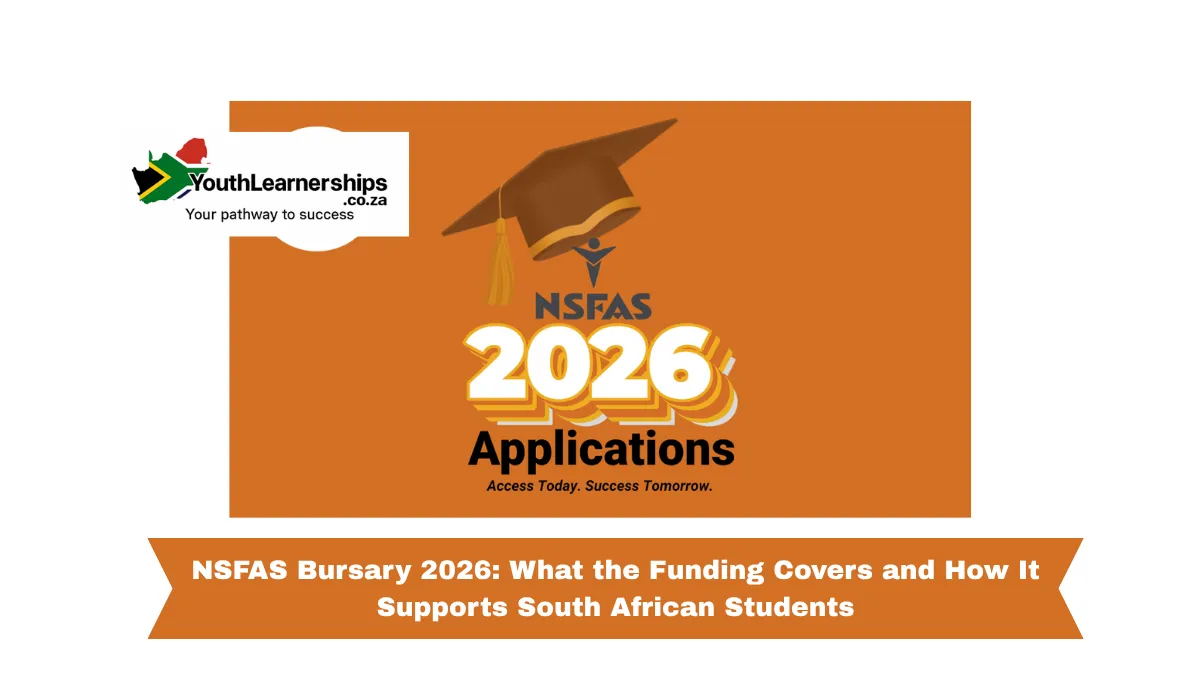The National Student Financial Aid Scheme (NSFAS) continues to play a vital role in providing access to higher education in South Africa. For thousands of students, NSFAS isn’t just a bursary—it’s a lifeline. If you’re planning to study in 2026, here’s everything you need to know about what NSFAS covers and how it supports your academic journey.
Who Qualifies for NSFAS in 2026?
To receive funding through NSFAS in 2026, students must meet the following requirements:
- Be a South African citizen or permanent resident
- Come from a household with a combined annual income of less than R350,000
- Be registered at a public university or TVET college
- Meet the academic performance requirements
- Students with disabilities qualify if their household income is below R600,000
What Does NSFAS Cover in 2026?
NSFAS is more than just tuition—it’s a comprehensive support system designed to cover the full cost of study for qualifying students. Here’s what you can expect:
1. Tuition and Registration Fees
NSFAS pays the full cost of tuition for approved courses at public universities and TVET colleges. Registration fees are also included.
2. Accommodation
- University students: Fully funded for on-campus accommodation or capped funding for approved private housing.
- TVET students: Funded based on whether the campus is in an urban, peri-urban, or rural area.
3. Transport
Students who live more than 10 km from campus may receive a transport allowance of up to R7,500 per year.
4. Living Allowance
University students may receive around R15,000 per year to cover meals, toiletries, and day-to-day needs.
5. Learning Materials
A learning material allowance of approximately R5,200 per year is provided to buy books, stationery, or study tools.
6. Personal Care Allowance
Students in catered accommodation may get an additional personal care allowance to cover toiletries and other essentials.
What NSFAS Doesn’t Cover
While NSFAS covers most essential expenses, there are limits:
- Private college/university fees are not covered
- Some courses not accredited by DHET or SAQA are ineligible
- Accommodation allowances are capped
- Funding may not include short courses, part-time studies, or second degrees
Why NSFAS Is So Important
Makes Education Accessible
NSFAS removes financial barriers, allowing students from low-income families to attend college or university.
Covers Holistic Student Needs
From housing to meals and books, NSFAS helps students focus on academics rather than survival.
Improves Retention & Success Rates
When students are properly funded, they’re more likely to stay in school and graduate on time.
Supports Transformation
By funding underprivileged students, NSFAS contributes to a more equal and educated South Africa.
How to Apply for NSFAS in 2026
Step-by-Step Guide
- Create a myNSFAS Account
Visit www.nsfas.org.za to register your profile. - Submit Your Application Online
Upload your documents: certified ID copies, proof of income, academic results, and any relevant declarations. - Check Your Status Regularly
Use your myNSFAS account to track your application and respond to any requests for more information. - Await Funding Confirmation
If approved, your institution will manage the disbursement of funds for tuition, housing, and allowances.
Pro Tip
Apply early—applications usually open in late October or November and close in January. Don’t wait until the last minute!
Common Challenges to Watch Out For
- Delays in payments due to budget or administrative issues
- Missing documents or incomplete applications causing rejections
- Miscommunication between institutions and NSFAS
- Changes to allowance structures based on government budget updates
Stay informed by following NSFAS updates on their official website and social media channels.
What’s New in 2026?
In 2026, NSFAS has introduced improved systems for:
- Faster verification of income using government databases (like SARS and SASSA)
- Better coordination with universities to avoid delays
- Updated application portals for mobile access
- Improved support for students with disabilities and students in rural areas
These improvements aim to make the funding process smoother, faster, and more student-friendly.
Final Thoughts
The NSFAS bursary for 2026 continues to be a powerful tool for social and economic upliftment in South Africa. By covering tuition, housing, transport, meals, and learning materials, NSFAS helps students focus on their future—not their finances.
If you’re eligible, take full advantage of this opportunity. Apply early, submit all your documents, and stay updated throughout the process.
RELATED:
- Apply Now for the Hitachi Bursary 2026: Study Support for Future Engineers & Business Leaders
- Apply for the AGSA Bursary 2025: Your Path to Becoming a Chartered Accountant — Fully Funded!
- DFFE Bursary 2025: Full Funding for Environmental Studies in South Africa
- City of Joburg Bursary Programme 2026: 200 Opportunities to Fund Your Dreams – Apply Now!
- Apply For Kumba Iron Ore Bursary 2025: Study Engineering & Mining Without the Financial Burden
For SETA related visit: Mysetalearnerships.co.za
Lerato M. Khumalo is the founder of YouthLearnerships.co.za, a platform dedicated to helping South African youth access real learnerships, internships, and career opportunities. She’s passionate about youth development and committed to bridging the gap between education and employment.






